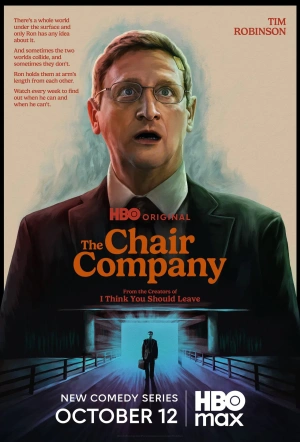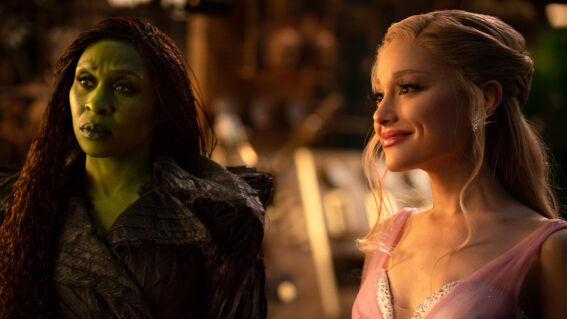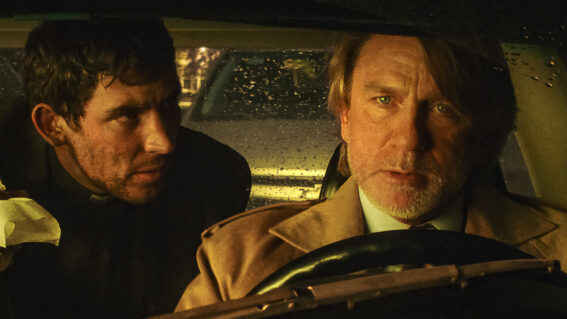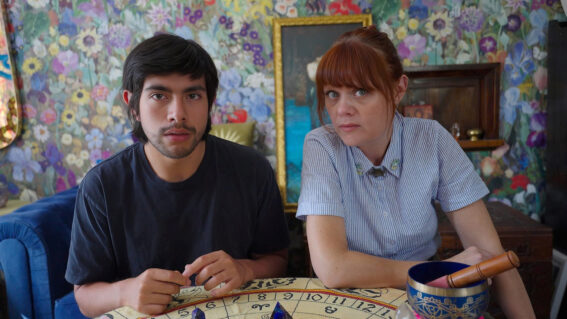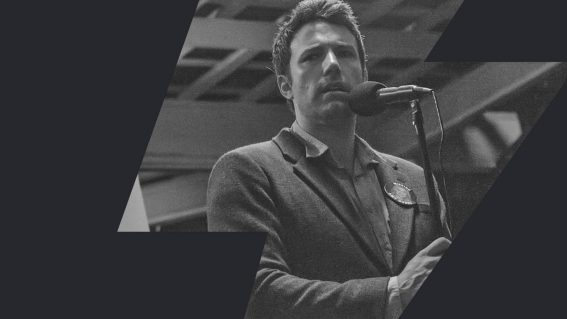Tim Robinson’s comedy gets even more uncomfortable in The Chair Company
Surreal and paranoid, Tim Robinson’s new HBO show confirms just how awkward his comedy can get when it collides with ‘normal’ life.
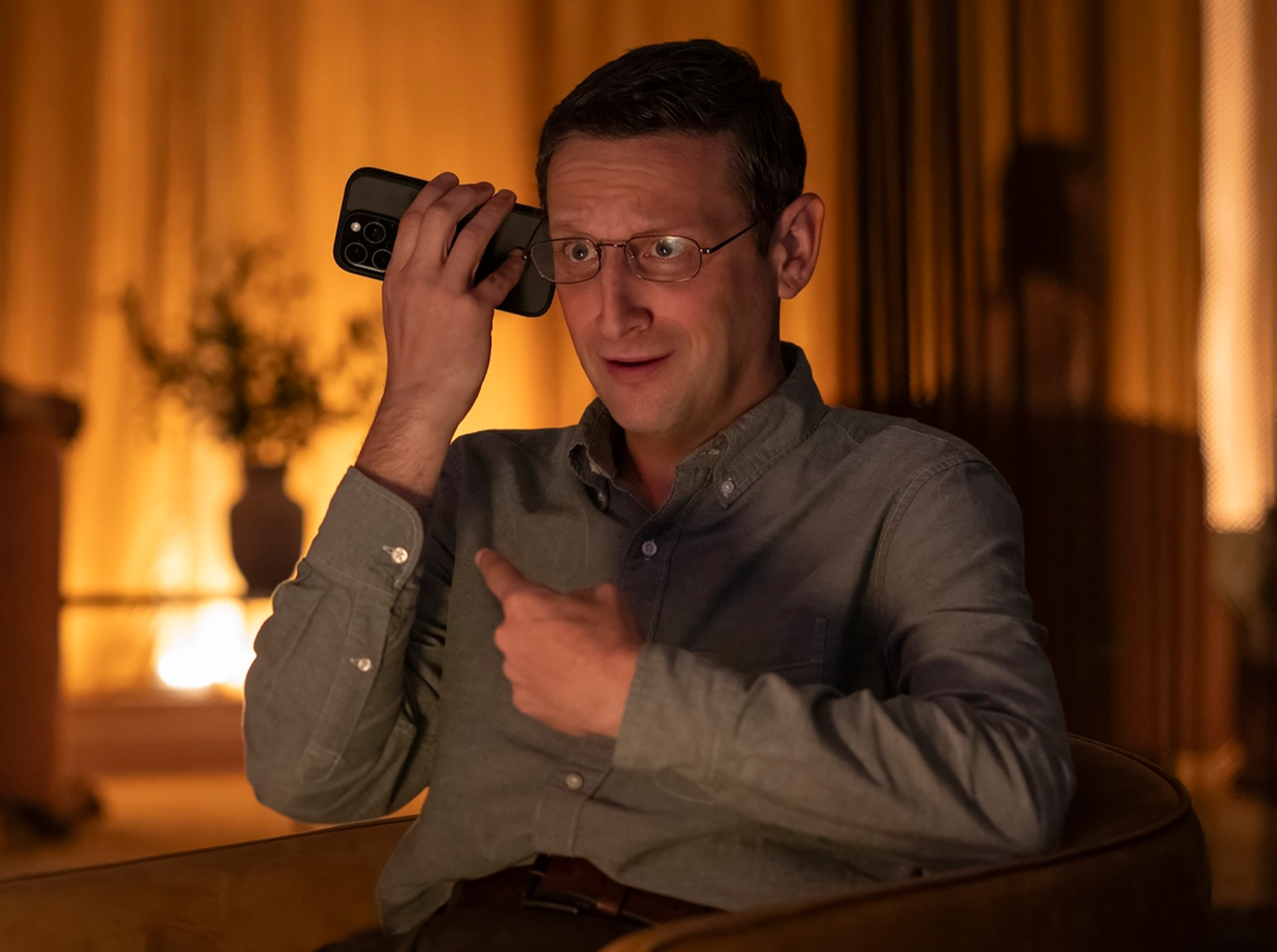
Everyday moments, gatherings and even celebrations come spiked with anticipatory unease for those familiar with Tim Robinson’s brand of comedy. Littered throughout I Think You Should Leave with Tim Robinson—the show that saw him cement a growing cult following—are examples of situations going sideways, and while the show has an appetite for absurd sketches, much of it is also rooted in the exasperation and embarrassment of its characters (usually Robinson) digging themselves deeper in defense of the indefensible.
I Think You Should Leave with Tim Robinson: Season 1
“The majority of setups across the three seasons of I Think You Should Leave start with an intensely relatable core—job interviews, office culture, friend group dynamics, baby showers, service jobs, infomercials,” observed Sarah Thomson in a feature on ITYSL. “All are then peppered with characters exhibiting the two funniest bedfellows of human social interaction: wild insecurity and/or phenomenal confidence.”
And yes, plenty of ziplines, hot dog costumes, coffin flops and sloppy steaks, too. The show’s certainly not solely about the uncomfortable interpersonal, but that’s what permeates even its more surreal moments. Fortunately, with the sketch comedy format comes a sense of relief, even for those of us with a taste for uncomfortable fare. For a blessedly short few minutes at a time, scenarios would be established, then usually some sort of faux pas encountered, before a peak in awkwardness that dissipated as the next sketch arrived.
Related reading:
* Robinson vs Rudd: Two different kinds of comic “normality” collide in Friendship
* Are triples best? Tim Robinson is back with I Think You Should Leave season three
* Leo’s great streak playing complete losers continues in PTA’s latest
Seldom, if ever, would we be left pondering the world outside each sketch, or wondering variously about how their characters got there or where they’d go after we left them. They weren’t three-dimensional, this wasn’t real life. But then the feature film Friendship came along, and it confirmed something we probably knew all along—if Tim Robinson behaved like this in reality… well, it would be fucking terrifying.
Andrew DeYoung’s black comedy (he both writes and directs) swaps the Netflix intro of ITYSL for an A24 studio title card, hinting at a subtle change in approach. In the film, Robinson’s character gets a taste of best friendship with cool new neighbour Paul Rudd, before it’s (very understandably) withdrawn after a disastrous interaction. Reversing the dynamic of films like The Cable Guy by foregrounding the more extreme of the pair, Friendship never really takes us into Robinson’s warped perspective. Very much set in a real (or real-ish) world, it’s not the exaggerated setting of his sketches, but something even more challenging to watch.
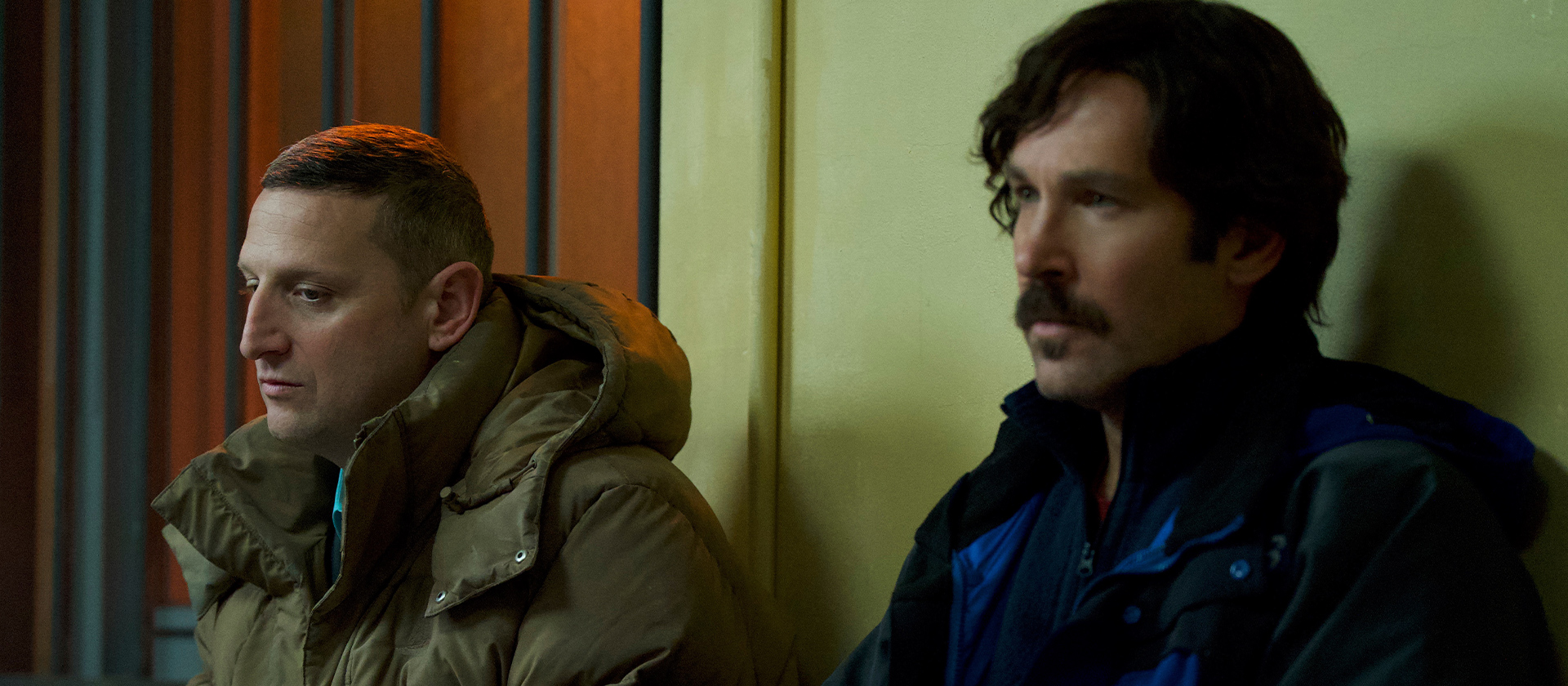
“The dark comedy is so compelling because Robinson and Rudd have spent their careers mining ‘normality’ for their specific strain of comedy,” wrote Rory Doherty in an exploration of the duo’s collision. “But while Robinson takes a recognisable social dysfunction and balloons it up to oversized heights, Rudd has smuggled his humour into down-to-earth everymen, leaning on his handsome Hollywood charm to distract us from how sharp and disarming a comedian he is.”
Now with new show The Chair Company, co-written with longtime collaborator Zach Kanin, Robinson continues his trajectory towards a collision with mainstream normality. Trading A24 for the iconic static of an HBO title card gives the show prestige TV status. Rest assured, it is no less awkward and weird…

The series opens with the camera pushing in on a restaurant hosting family dinner. “If your mom says it’s a nut, it’s a nut,” is the first dialogue we hear, some parenting from Robinson’s character Ron Trosper (he and Kanin never met an awkward pronunciation of a name, word or phrase they didn’t like). There’s a Trosper family selfie, they’re enjoying a fancy meal, and his wife Barb (Lake Bell) toasts him for weathering life’s ups and downs. At all of these points we wait for the other shoe to drop—it feels too nice, too perfect, as if the ITYSL sketch is about to get underway… And then the toast is interrupted…
Like Friendship, what happens next in this opening scene is a more grounded observation of Robinson’s character struggling in a real life setting. He doesn’t explode at the interruption to the level of his ITYSL characters, but it signposts the simmer, one that’s only going to get hotter as the series progresses. Ron’s gotten back on his feet after an ill-advised entrepreneurial career change, we later learn. He’s back at his old workplace, but rather than having his tail between his legs, is leading a major new project, a mall development that he’s very enthusiastic about.
And then, during a big presentation, comes a mild incident with a chair. For Ron, a low-level embarrassment reads like total humiliation, and leads to a dark obsession. There must have been something wrong with the chair, he thinks. Customer service proves kafkaesque, and off he goes into a conspiracy rabbit hole… Rather than a minor accident, this must go all the way to the top.
Across the show’s eight episodes, Robinson’s cringey brand of comedy collides with surreal mystery. The transition from his previous work to The Chair Company proves reminiscent of Nathan Fielder’s own foray into scripted narrative with HBO in The Curse. As with that show, The Chair Company relishes in being hard to pin down, and there’s something deeply unsettling with spending this much time in one particular world with its main character.
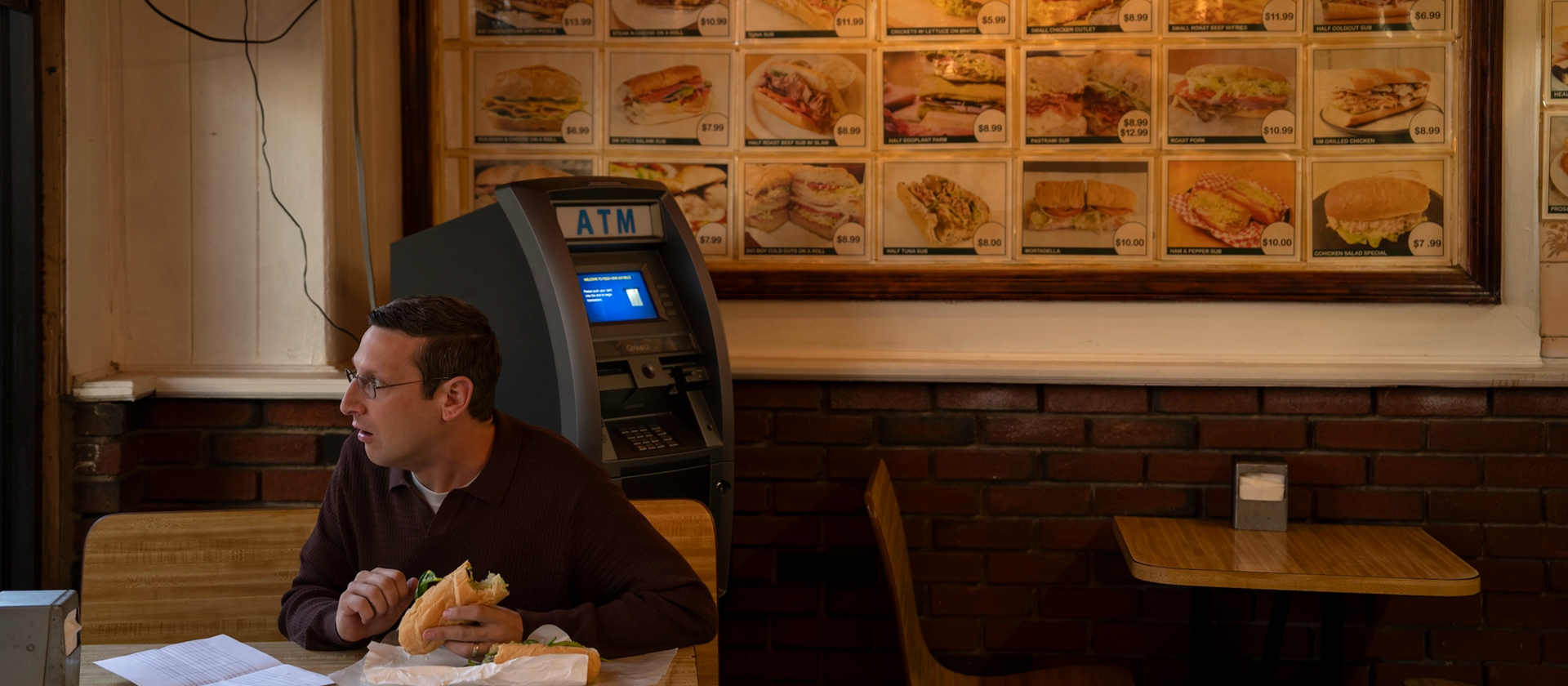
A series worth of Robinson spiraling is to the show’s benefit—if you can hack it—and it allows for little detours and details that aren’t possible in shorter format comedy. Take the presence of longtime SNL writer Jim Downey among the supporting cast, for instance (a welcome sight to those who enjoyed him uttering “semen demon” and “dangerous lunatics, haters and punk trash” in One Battle After Another).
While The Chair Company‘s finer details are best left to discover for yourself, this is a welcome addition to Robinson’s body of work. One that further explores the traits and performance tics that are beloved throughout his other shows. His take on comedic male frustration is singular, and if PTA hadn’t already used the title, might itself best be construed as one battle after another… and just as funny.











